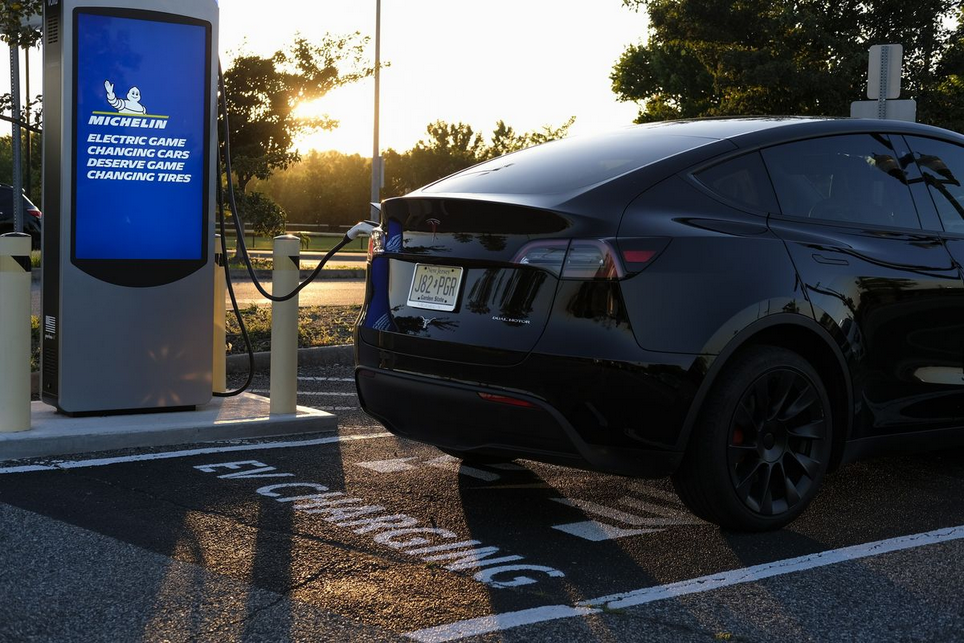In a significant blow to California’s ambitious climate goals, the Supreme Court ruled on June 20, 2025, that the oil industry can sue the state over its aggressive push for zero-emission vehicles (ZEVs). This decision opens the door for potential legal challenges that could significantly hinder California’s—and potentially other states’—efforts to transition away from gasoline-powered cars. The implications are far-reaching, impacting not only California’s environmental policies but also the future of the automotive industry and the national fight against climate change.
Understanding the Supreme Court’s Ruling
The Supreme Court’s decision hinges on the question of whether the oil industry has standing to sue. The Court determined that oil companies, facing potential economic losses due to decreased demand for gasoline as electric vehicles gain market share, have a sufficient stake to challenge California’s ZEV regulations. This essentially acknowledges the significant economic disruption that a rapid shift to electric vehicles could cause within the established oil industry. The justices did not rule on the merits of California’s ZEV program itself, only on the oil industry’s right to challenge it in court. This means the legal battle is far from over.
This ruling contrasts sharply with the previous stance of many lower courts, which had largely dismissed similar lawsuits, arguing that the oil companies lacked the necessary legal standing to bring these claims. The Supreme Court’s decision to overturn this precedent sets a concerning example, potentially emboldening other industries to challenge environmentally focused regulations based on economic impacts.
The Impact on California’s Climate Goals
California has been a leader in the fight against climate change, setting aggressive targets for greenhouse gas emissions reduction. Its ZEV mandate, requiring a significant increase in the sales of electric vehicles in the coming years, is a cornerstone of these efforts. The Supreme Court’s ruling threatens to undermine these goals in several ways:
- Legal Challenges: The decision allows oil companies to launch numerous lawsuits, potentially tying up California’s regulatory efforts in lengthy and expensive legal battles.
- Regulatory Uncertainty: The uncertainty surrounding the legality of the ZEV mandate could discourage automakers from investing in electric vehicle production and infrastructure in California, hindering the state’s transition to cleaner transportation.
- Slowed Adoption of EVs: Legal challenges and uncertainty could slow the adoption of electric vehicles, delaying the achievement of California’s emission reduction targets and impacting air quality.
- National Implications: Other states that have adopted or are considering similar ZEV programs could face similar legal challenges, jeopardizing national efforts to combat climate change through clean transportation.
The Broader Implications for Environmental Regulation
Beyond California’s specific ZEV mandate, this Supreme Court decision carries significant implications for the broader landscape of environmental regulation in the United States. It raises serious questions about the ability of states to implement ambitious environmental policies in the face of legal challenges from powerful industries. The ruling suggests that economic impacts, however substantial, may be enough to grant standing in such cases, potentially creating a significant barrier to future climate action.
Potential Challenges for Other Environmental Regulations:
- Renewable Energy Mandates: States with mandates for renewable energy sources could face similar legal challenges from fossil fuel industries.
- Carbon Pricing Mechanisms: Programs designed to put a price on carbon emissions could also face legal scrutiny.
- Regulations Targeting Pollution: Industries affected by regulations designed to limit air and water pollution may also seek to challenge them based on economic impacts.
The implications extend beyond specific industries. The ability of governments to effectively regulate to protect public health and the environment is now arguably at risk. If industries can routinely challenge environmental regulations based on economic concerns, it could significantly hinder the implementation of policies critical to addressing pressing environmental issues.
The Future of California’s EV Push
While the Supreme Court’s ruling is a setback, it does not necessarily spell the end of California’s efforts to transition to electric vehicles. The state could potentially revise its regulations to address the concerns raised by the oil industry or strengthen its legal arguments in response to the challenges. However, the legal battles ahead will undoubtedly be long, complex, and costly.
The outcome will significantly impact not only California’s climate goals but also the national conversation about climate change and the role of government in addressing it. The decision underscores the need for a national strategy on climate change that considers both environmental sustainability and economic realities. It also highlights the political challenges involved in balancing these competing interests in a rapidly changing energy landscape.
Looking Ahead: What’s Next?
The immediate future will see the oil industry actively pursuing lawsuits against California’s ZEV mandate and potentially similar state-level regulations. California and other states will likely invest heavily in their legal defenses, and the courts will be tasked with navigating complex legal arguments about standing, economic impacts, and the balance between state regulatory authority and federal oversight. The public can expect years of protracted legal battles, and the outcome will have major ramifications for the future of transportation and the country’s climate ambitions.
The ongoing legal challenges underscore the urgent need for comprehensive national climate policy that addresses both environmental goals and the potential economic consequences of the transition to a cleaner energy future. Without a cohesive national approach, states like California will continue to struggle to implement effective climate policies, and the country as a whole will face significant obstacles in meeting its climate commitments.










